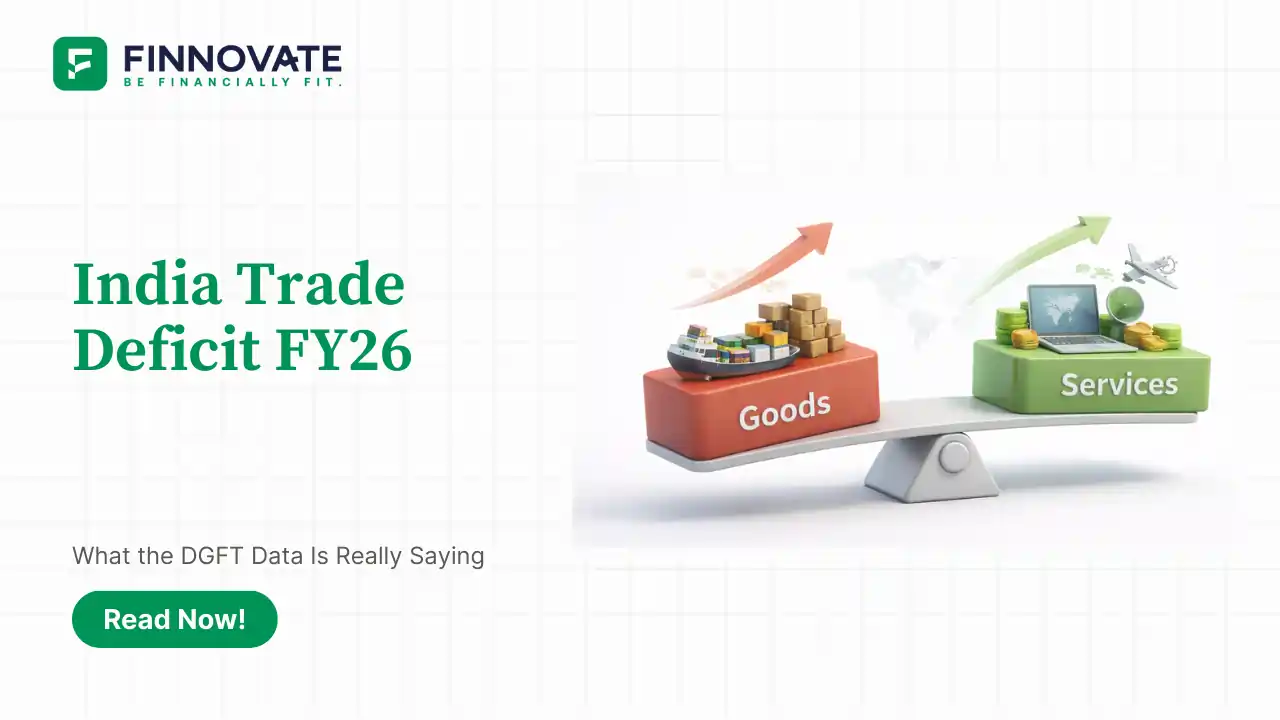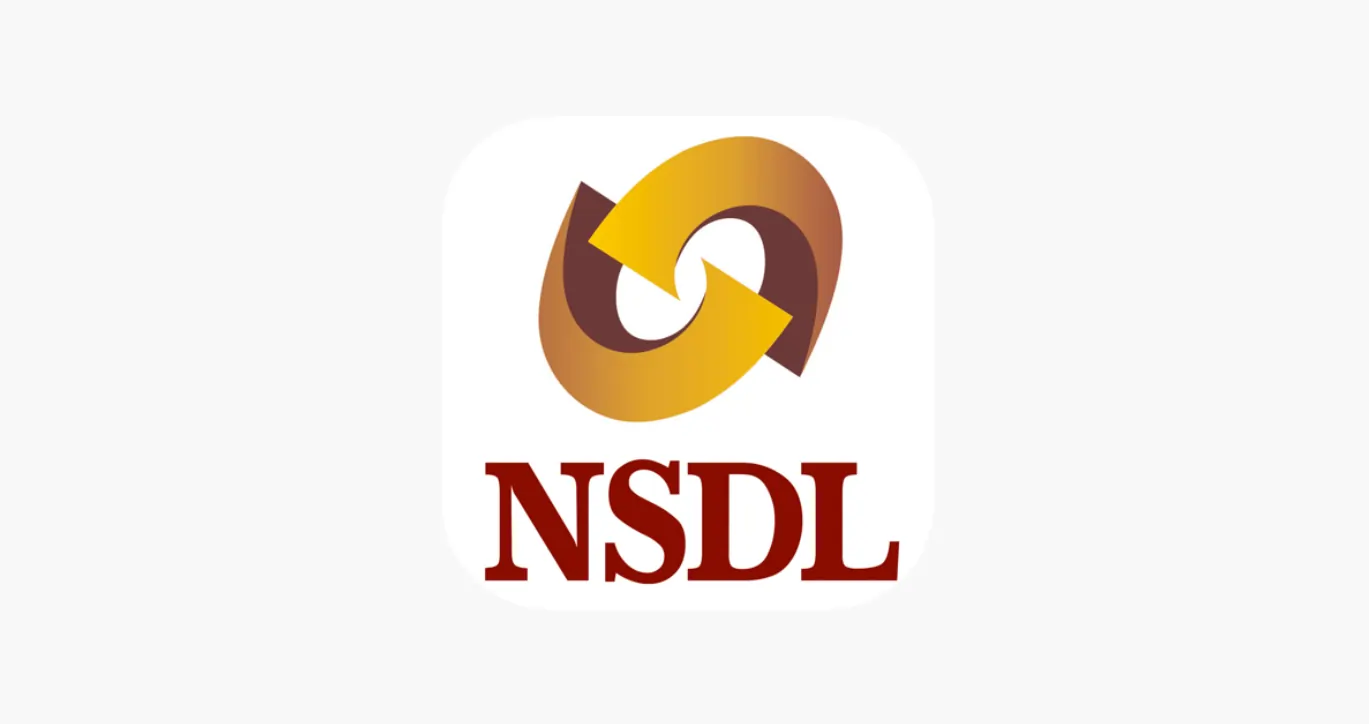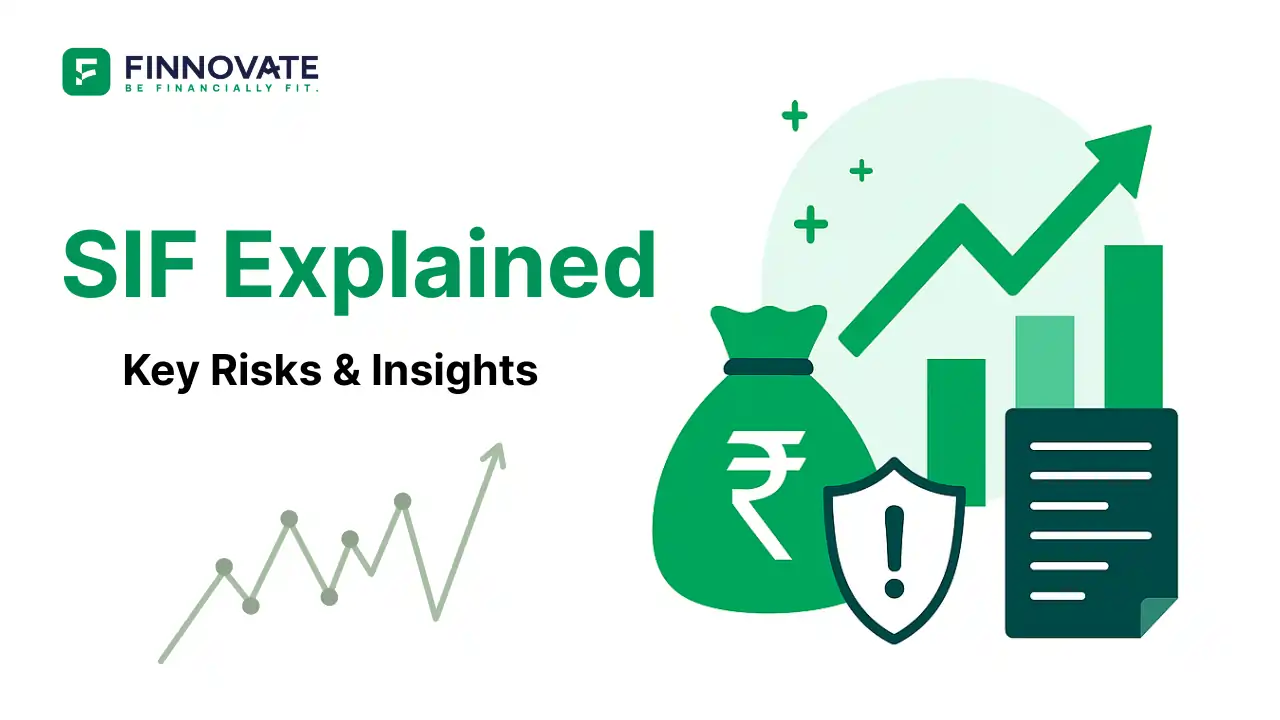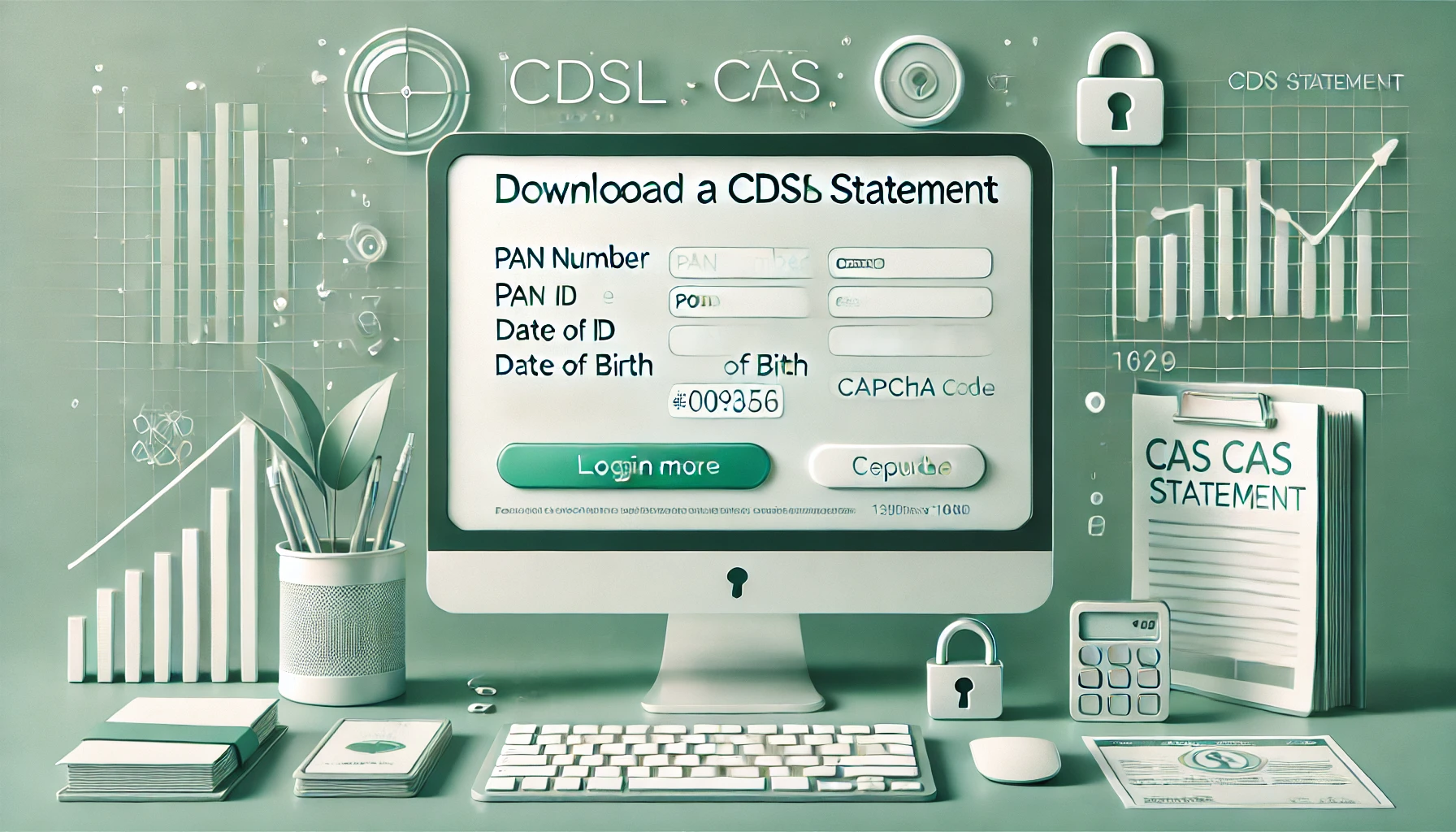
India Trade Deficit FY26: Higher, But Still Manageable
DGFT data till Dec 2025 shows FY26 merchandise deficit up 10.9% and overall deficit up 9.2...
In June 2025, India’s oil imports from Russia surged to a 2-year high. On the surface, this appears to be driven by economics - Russian oil is still cheaper. But behind this move lies a web of diplomacy, energy security, and strategic balancing in a world defined by shifting alliances and unpredictable conflicts.
Let’s break it down.
India has rapidly scaled up its oil purchases from Russia, now becoming the largest global buyer of Russian crude - surpassing even China. In June 2025 alone, India imported 2.13 million barrels per day (bpd) from Russia, eclipsing combined imports from the UAE, Iraq, and Saudi Arabia.
One major reason: logistics. The creation of the Eastern Maritime Corridor connecting Chennai to Vladivostok has sharply reduced shipping time and cost. This has made Russian oil more viable and reliable than ever.
Today, Russian crude makes up 35% to 40% of India’s total oil imports, a dramatic shift compared to just a few years ago.
Even though India is buying Russian oil above the $60 per barrel Western price cap, it continues to be more cost-effective than oil sourced from traditional suppliers in the Middle East and Africa. The key lies in transport economics and discounted rates offered by Russia to sustain its exports amidst Western sanctions.
This pricing strategy aligns perfectly with India’s needs - keeping inflation in check and maintaining its energy security, without pushing the current account deficit to uncomfortable levels.
Geopolitical tensions between Israel and Iran have brought the Strait of Hormuz - a chokepoint that handles 20% of global oil movement - under threat. Nearly 80% of India’s Middle Eastern oil passes through this narrow waterway.
Iran’s threats of a potential blockade have heightened risk perception, making it imperative for India to diversify supply chains.
Enter Russian oil. With access through the Eastern route, India is now hedging its strategic oil supplies against potential disruption in the Middle East. This is not just smart economics, but also prudent risk management.
India’s continued oil purchases from Russia despite Western sanctions - are not without diplomatic implications.
Over the past two years, India has defended its oil trade with Russia by citing its sovereign right to secure affordable energy for 1.4 billion people. Western nations have expressed concern, but India has remained firm, framing its stance around energy security and strategic autonomy.
In recent months, India has also faced reciprocal tariffs from the US, despite signaling openness to deeper trade cooperation. The US’s passive stance towards Pakistan, another irritant for India, has further complicated bilateral dynamics.
By sticking with Russian oil, India sends a strong message: National interest will override geopolitical pressure.
India’s approach is not just about resisting the West - it’s also about preserving long-standing partnerships. Russia has historically been a key ally, and New Delhi has shown no interest in jeopardizing that relationship.
Additionally, staying neutral allows India to maintain favourable ties with Iran, another oil-rich country with whom India is developing the Chabahar Port - a crucial access point to Central Asia.
This balancing act between the West, Russia, and Iran - demonstrates India’s maturing global diplomacy, driven not by ideology but by strategic pragmatism.
India’s growing ties with Russia over energy supply are no longer just a trade decision - they are a reflection of the country’s broader strategic posture. In a world where diplomacy, supply chains, and energy security are deeply intertwined, oil is no longer just a commodity - it’s a message.
Disclaimer: The views expressed in this article are for informational purposes only and do not constitute investment, political, or diplomatic advice. Readers are advised to verify facts independently before making any decisions.
Popular now

Learn how to easily download your NSDL CAS Statement in PDF format with our step-by-step g...

Explore what Specialised Investment Funds (SIFs) are, their benefits, taxation, minimum in...

Learn How to Download Your CDSL CAS Statement with our step-by-step guide. Easy instructio...

Looking for the best financial freedom books? Here’s a handpicked 2026 reading list with...